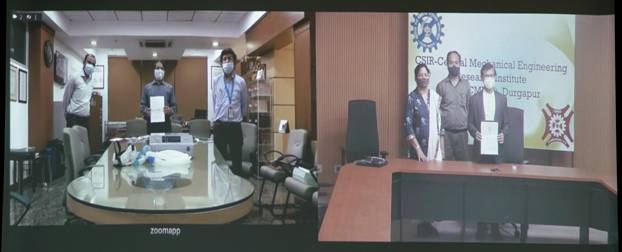
Researchers have unveiled a mechanism through which tobacco smoking induces cancer and complicates treatment by undermining the body’s natural anti-cancer defenses, according to a recent study.
Published in the journal Science Advances, the study establishes a connection between tobacco smoking and detrimental alterations in DNA known as ‘stop-gain mutations’. These mutations instruct the body to halt the production of specific proteins before they are fully formed.
Scientists from the Ontario Institute for Cancer Research (OICR) in Canada discovered that these stop-gain mutations were particularly prevalent in genes recognized as “tumour-suppressors”, which generate proteins that typically inhibit the growth of abnormal cells. Nina Adler, a University of Toronto PhD student, stated, “Our study demonstrated that smoking leads to alterations in DNA that disrupt the creation of tumour suppressors. Without them, abnormal cells are allowed to continue growing unimpeded by the body’s defenses, making it easier for cancer to develop.”
Utilizing advanced computational tools, the scientists scrutinized DNA from over 12,000 tumor samples across 18 different types of cancer. Their analysis revealed a significant correlation between stop-gain mutations in lung cancer and the distinctive ‘footprint’ that smoking imprints on DNA.
“Our study underscores how tobacco smoking effectively deactivates crucial proteins, the fundamental building blocks of our cells, and the repercussions this can have on our long-term well-being,” noted Reimand, an OICR Investigator and Associate Professor at the University of Toronto.
The study also pinpointed other factors and processes responsible for generating substantial quantities of stop-gain mutations, also known as ‘nonsense’ mutations. Some, like the APOBEC enzyme family, which has been associated with stop-gain mutations in breast cancer and other malignancies, occur naturally within the body. On the other hand, factors such as an unhealthy diet and alcohol consumption are likely to have similar adverse effects on DNA, though further research is required to comprehensively grasp the underlying mechanisms.










